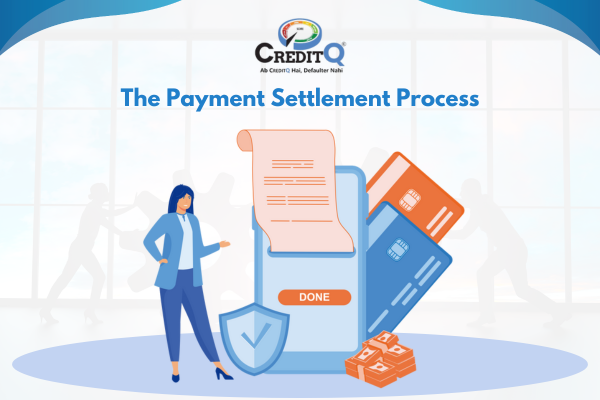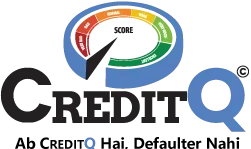
In today’s fast-paced world, financial challenges can arise unexpectedly. Whether due to unforeseen medical expenses, job loss, or other financial obligations, many individuals find themselves drowning in debt. The overwhelming burden of unpaid bills can lead to anxiety, strained relationships, and a diminished quality of life. In India, debt settlement companies have emerged as valuable allies for those seeking to regain control over their financial situation. This article explores how these companies operate, the payment settlement process, and how they can assist you in overcoming financial difficulties.
Understanding Debt Settlement Companies in India
Debt settlement companies specialize in negotiating with creditors on behalf of individuals struggling with debt. Their primary goal is to reduce the total amount owed, allowing debtors to pay a lesser amount to settle their debts. These companies often have established relationships with creditors, which can lead to more favorable negotiation outcomes.
The Benefits of Working with Debt Settlement Companies

- Expertise and Experience: Debt settlement professionals have extensive knowledge of the negotiation process and understand creditor policies. They can navigate complex financial situations more effectively than individuals.
- Reduced Stress: Dealing with creditors can be stressful. Debt settlement companies handle all communications, allowing clients to focus on rebuilding their financial health.
- Potentially Lower Payments: By negotiating a lower settlement amount, individuals can resolve their debts more affordably.
The Payment Settlement Process

Understanding the payment settlement process is crucial for anyone considering debt settlement. Here’s a step-by-step breakdown:
Step 1: Initial Consultation
During the first consultation, clients provide an overview of their financial situation, including total debt, monthly income, and expenses. This assessment helps debt settlement companies devise a tailored strategy.
Step 2: Agreement on Fees
Clients and the debt settlement company agree on a fee structure, which may be based on a percentage of the settled amount or a flat fee.
Step 3: Fund Accumulation
Clients typically make monthly contributions to a dedicated account. This fund is used to negotiate settlements with creditors.
Step 4: Negotiation with Creditors
Once sufficient funds have accumulated, the debt settlement company begins negotiating with creditors. They advocate on behalf of the client to secure a reduced settlement amount.
Step 5: Finalizing Settlements
Once a settlement agreement is reached, clients review and approve the terms before making the payment to settle the debt. The debt settlement company ensures that the client receives written confirmation from the creditor.
Step 6: Debt Clearance and Credit Report Impact
After the debt is settled, the client’s credit report is updated to reflect the settled status. While this may not immediately improve the credit score, it is a step toward financial settlement.
Common Misconceptions About Debt Settlement
- Debt Settlement Harms Credit Scores: While settling debt may impact credit scores, it is often less detrimental than continuing to miss payments or default.
- All Debt Can Be Settled: Not all types of debt are suitable for settlement.
- Quick Fix: Debt settlement is not an instant solution; it requires time and commitment from both the client and the company.
Choosing the Right Debt Settlement Company

Selecting a reliable debt settlement company is crucial for a successful outcome. Consider the following when making your choice:
- Reputation and Reviews: Research online reviews and testimonials from previous clients to gauge the company’s effectiveness and customer service.
- Transparent Fee Structure: Ensure that the company provides a clear breakdown of fees and potential costs involved in the settlement process.
- Regulatory Compliance: Verify that the company is compliant with Indian regulations governing debt settlement practices.
Potential Challenges and Risks
While debt settlement can be beneficial, there are challenges to consider:
- Tax Implications: Settled debts may be considered taxable income, leading to potential tax liabilities for the debtor.
- Lengthy Process: The negotiation process can take time, potentially extending over several months or even years.
- Limited Results: Not all creditors may agree to settle, and results can vary based on individual circumstances.
Conclusion
Debt settlement companies in India offer a valuable resource for individuals facing overwhelming financial challenges. By understanding the payment settlement process and working with a reputable company like CreditQ, debtors can find relief from their financial burdens. While it may not be the right choice for everyone, debt settlement can provide a pathway to financial stability and a brighter future. If you find yourself struggling with debt, consider exploring your options with a trusted debt settlement company to regain control of your financial life.









